
The Wal-Mart Effect
How the World's Most Powerful Company Really Works – and How It's Transforming the American Economy
Recommendation
Most people are generally in favor of both a just society and low prices. So what are they to think about Wal-Mart Stores, Inc.? Is it the world’s most rapacious retailer or a great place for a bargain? Does it rule its suppliers, forcing them to run overseas sweatshops to compete or does it spur more economical products? Does it pay rock bottom wages and relentlessly pursue profits, sales, market dominance and cheap goods, or does it provide rare relief for the consumer? The accusations sound daunting, unless you are a budget-weary customer. For many shoppers, these are uncomfortable contrasts. And whatever you think of Wal-Mart, you can’t ignore it. With huge stores across the US and worldwide, Wal-Mart, according to Charles Fishman, is not just “the world’s most powerful company,” it is an “economic ecosystem.” Railing against it is like shaking your fist at a tsunami. Wal-Mart is nearly impervious to external impact, but Fishman has made it far more knowable. Given the debates it provokes, the impact of its policies and the price wars it wages, getAbstract welcomes this look behind Wal-Mart’s shelves.
Summary
About the Author
Journalist Charles Fishman is senior editor of Fast Company. In 2005, he received the prestigious Gerald Loeb Award for business journalism. He often is a guest on CNN, NPR and Fox News.

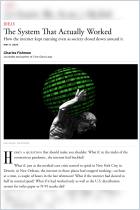
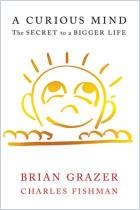
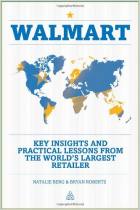
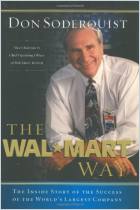
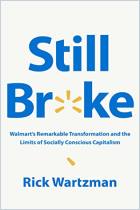
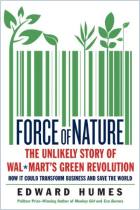
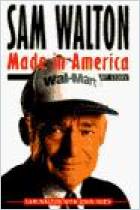
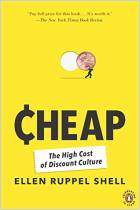







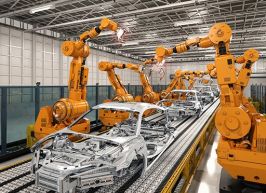

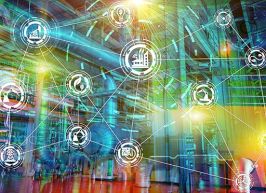
Comment on this summary or Начать обсуждение